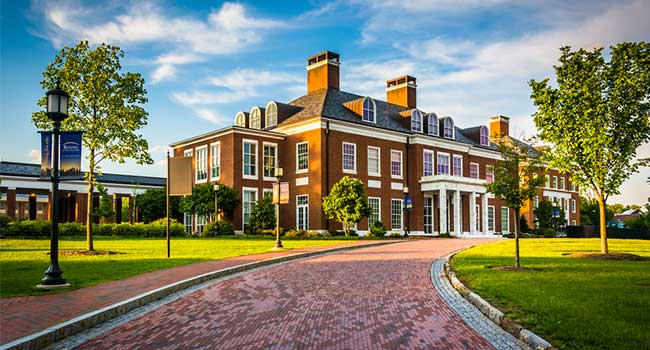
John Hopkins University Suggests On-Campus Police Force
John Hopkins is looking into implementing an on-campus police force for effective security.
- By Sydny Shepard
- October 25, 2018
John Hopkins University is renewing efforts to bolster security measures, including the possibility of an on-campus police force.
The push comes months after the university failed to get buy-in from Maryland lawmakers to give Hopkins and other private universities in Baltimore the authority to create police departments with officers who carry guns and have the power to arrest people — on and off campus.
University officials have no specific proposal at this time, although they call a Hopkins police force "one of the most promising options."
"Crime has not abated since last year, and we have not wavered in our belief that Hopkins must take steps to protect our campuses and surrounding areas," Hopkins President Ronald Daniels and CEO Paul Rothman said in a statement. "Establishing a model university police unit that sets the bar for constitutional and accountable policing remains one of the most promising options we see. But there are a number of approaches that peer universities have taken, and we are actively looking for and open to alternative models and solutions."
Hopkins currently employed a private security force of roughly 1,000 people that monitors its Homewood campus in North Baltimore and the medical campus that surrounds Johns Hopkins Hospital in East Baltimore. They also patrol adjacent streets and neighborhoods, as well as Hopkins' Peabody Institute in Mount Vernon. The guards are not armed, but Hopkins also hires off-duty Baltimore police officers and sheriff's deputies who carry guns.
Hopkins says they want the most effective security operation possible to respond to crime and to the threat of an active shooter. Daniels and Rothman said the university is planning to have a proposal in place by early 2019.
About the Author
Sydny Shepard is the Executive Editor of Campus Security & Life Safety.